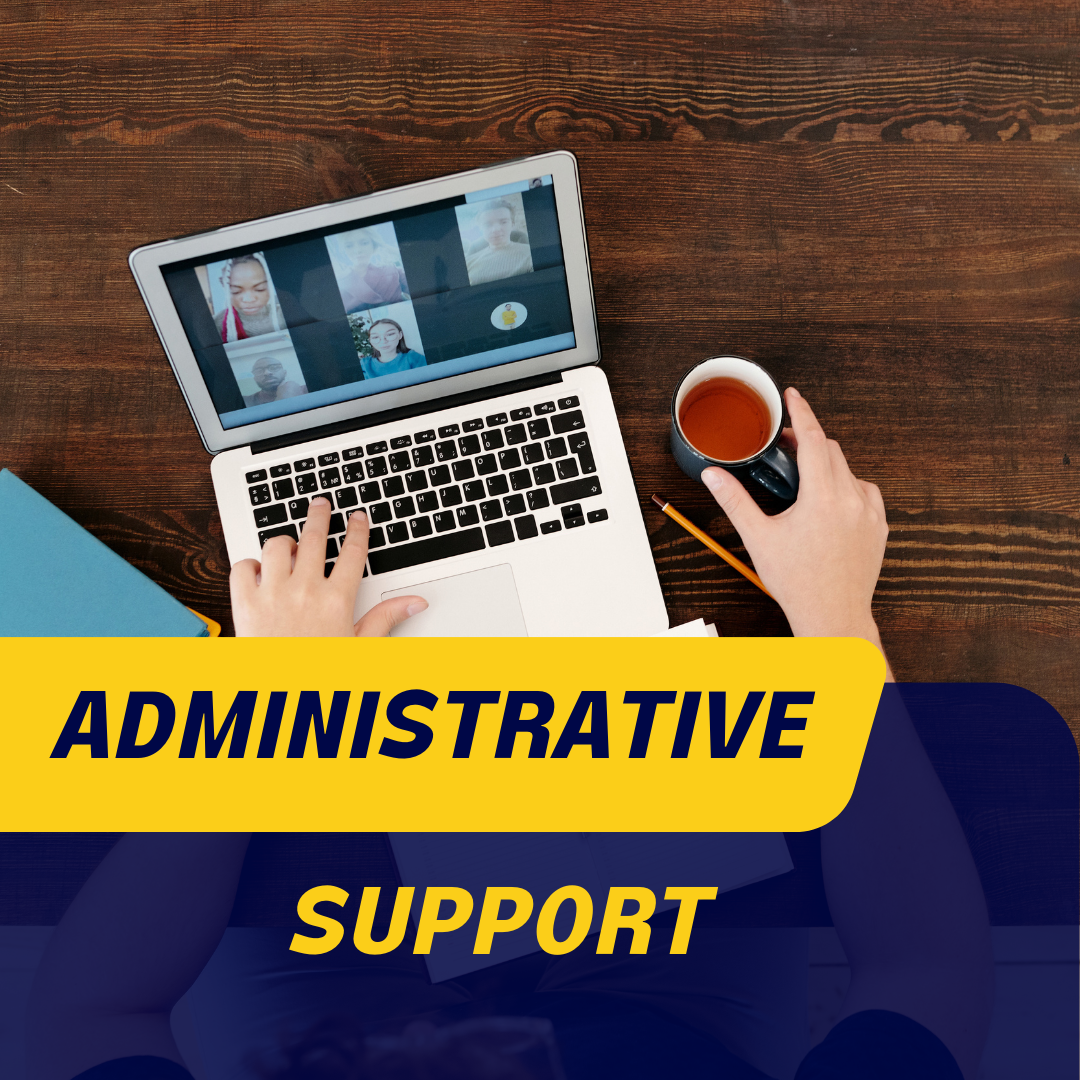Leading Skills Every Remote Professional Requirements to Do Well
As remote work continues to reshape professional landscapes, recognizing the crucial skills that contribute to success in this environment is increasingly crucial. Effective interaction, time management, self-motivation, adaptability, and technical efficiency are basic competencies that can dramatically affect a remote expert's efficiency.
Efficient Communication Abilities
In today's remote workplace, reliable interaction abilities are crucial for success. When groups are spread across varied locations, the ability to convey ideas plainly and listen proactively is paramount. Solid interaction fosters collaboration, minimizes misunderstandings, and boosts performance.
An essential element of reliable interaction is adaptability. Remote experts have to be able to tailor their communication designs to match varied audiences, whether through composed records, video clip telephone calls, or immediate messaging. Remote Professionals. Clearness in written communication is particularly crucial; well-structured papers and concise emails assist prevent complication and guarantee that messages are recognized as intended
In addition, energetic listening plays a critical duty in remote interactions. By demonstrating listening and asking making clear concerns, people can construct rapport and trust among employee, which is crucial for maintaining a cohesive workplace.
Furthermore, knowledge with various communication tools is essential. Efficiency in video clip conferencing platforms, task administration software program, and collective applications not only enhances interaction efficiency however likewise makes it possible for seamless synergy.

Time Management Strategies
Just how can remote experts successfully manage their time in a setting loaded with diversions and contending priorities? One reliable method is the Pomodoro Technique, which entails damaging infiltrate periods, commonly 25 mins long, adhered to by time-outs. This technique enhances emphasis and decreases fatigue, allowing professionals to keep productivity throughout the day.

Furthermore, establishing clear objectives and due dates is vital. Establishing weekly and daily purposes cultivates responsibility and gives a feeling of direction. Making use of electronic tools such as task administration software can promote task tracking and boost partnership amongst employee.
Self-Motivation Methods
Self-motivation is the driving pressure that enables remote specialists to prosper in an adaptable workplace. To cultivate this important skill, people can apply a number of reliable methods that foster freedom and performance.
First, setting clear, possible goals is crucial. By breaking larger tasks right into smaller, convenient milestones, remote workers can maintain focus and experience a sense of achievement as they advance. This approach not only improves inspiration but also offers a roadmap for daily activities.
Additionally, establishing a committed work space can significantly influence self-motivation. An assigned area without disturbances assists in producing a professional attitude, indicating to oneself that it is time to work.
Routinely organizing breaks is another essential approach. Brief intermissions assist reenergize energy levels and endure focus, protecting against fatigue and promoting continual productivity throughout the day.
Additionally, leveraging favorable reinforcement can improve inspiration. Celebrating small success or satisfying oneself after completing jobs can develop a favorable feedback loophole that encourages recurring initiative.
Ultimately, taking on these self-motivation methods empowers remote specialists to preserve high degrees of productivity and satisfaction in their job, guaranteeing they remain involved and reliable in their functions.
Flexibility and Versatility
Flexibility and adaptability are crucial characteristics for remote experts browsing the ever-changing landscape of remote job. As organizations progressively welcome hybrid models and shifting priorities, remote employees must be prepared to adapt to new circumstances with agility. This calls for a frame of mind that embraces change as opposed to withstands it.
Remote professionals frequently encounter differing time areas, diverse team dynamics, and developing project demands. Those that can pivot promptly in more helpful hints feedback to these obstacles are most likely to maintain performance and foster partnership. Adaptability in scheduling can additionally boost work-life balance, permitting professionals to maximize their outcome while accommodating individual commitments.
Furthermore, flexibility extends past plain schedule change; it involves a desire to learn and take on new devices or techniques as they arise. Constant discovering and visibility to feedback are crucial parts that empower remote employees to prosper in uncertain atmospheres. By growing these abilities, remote professionals not only improve their very own efficiency yet additionally contribute positively to their companies and groups.
Technical Effectiveness
In the context of remote work, technical effectiveness is progressively essential as experts rely upon various electronic devices to promote project, partnership, and communication administration. Mastery of software program applications, cloud systems, and interaction devices is essential for seamless procedures. This includes knowledge with video clip conferencing tools like Zoom or Microsoft Teams, job monitoring software application such as Asana or Trello, and collective platforms like Google Work space or Slack.
Additionally, technical efficiency reaches understanding cybersecurity practices, guaranteeing that sensitive information continues to be safeguarded during online interactions. Remote experts ought to additionally be experienced at fixing common technical issues, as dependence on modern technology implies that issues can develop unexpectedly. This capacity not just decreases downtime yet likewise contributes to a more reliable process.
Additionally, remaining updated on arising innovations and trends in remote work can provide an one-upmanship, allowing experts to take advantage of new tools that enhance performance. In general, technological proficiency is a fundamental ability that encourages remote workers to browse the digital landscape efficiently, guaranteeing they can contribute meaningfully to their projects and groups. In an increasingly digital world, this ability is not just helpful; it is necessary for success.
Final Thought
In conclusion, the successful navigating of remote work atmospheres requires a like this thorough skill established encompassing reliable communication, experienced time management, durable self-motivation, and the capacity to adapt to transforming scenarios. Furthermore, proficiency in appropriate technical tools is imperative for preserving productivity and partnership. By cultivating these crucial abilities, remote specialists can improve their efficiency, foster positive communications with coworkers, and eventually grow within the progressing landscape of remote job.
As remote work continues to improve specialist landscapes, understanding the necessary skills that contribute to success in check it out this environment is significantly vital.Flexibility and adaptability are vital qualities for remote professionals browsing the ever-changing landscape of remote job. By cultivating these skills, remote professionals not just boost their very own efficiency however additionally contribute positively to their teams and organizations.
In the context of remote work, technical effectiveness is progressively crucial as professionals depend on numerous digital tools to assist in partnership, job, and interaction administration. By cultivating these important skills, remote professionals can enhance their performance, foster positive communications with colleagues, and ultimately grow within the progressing landscape of remote job.